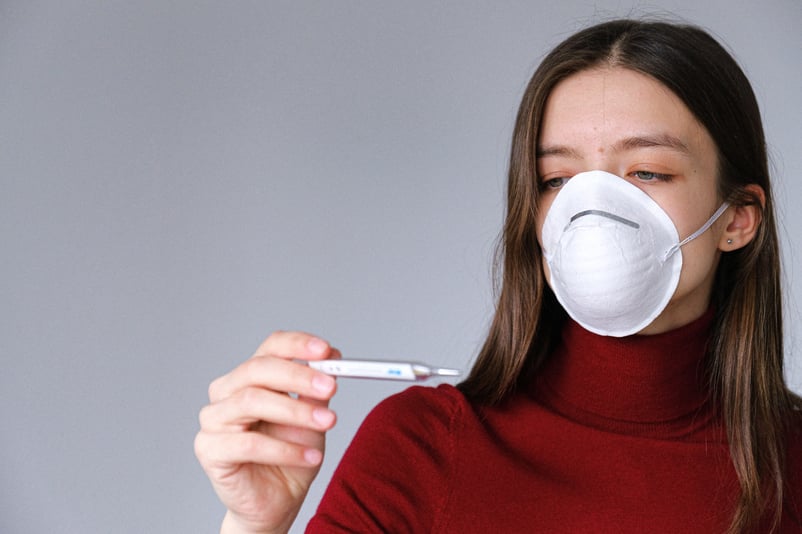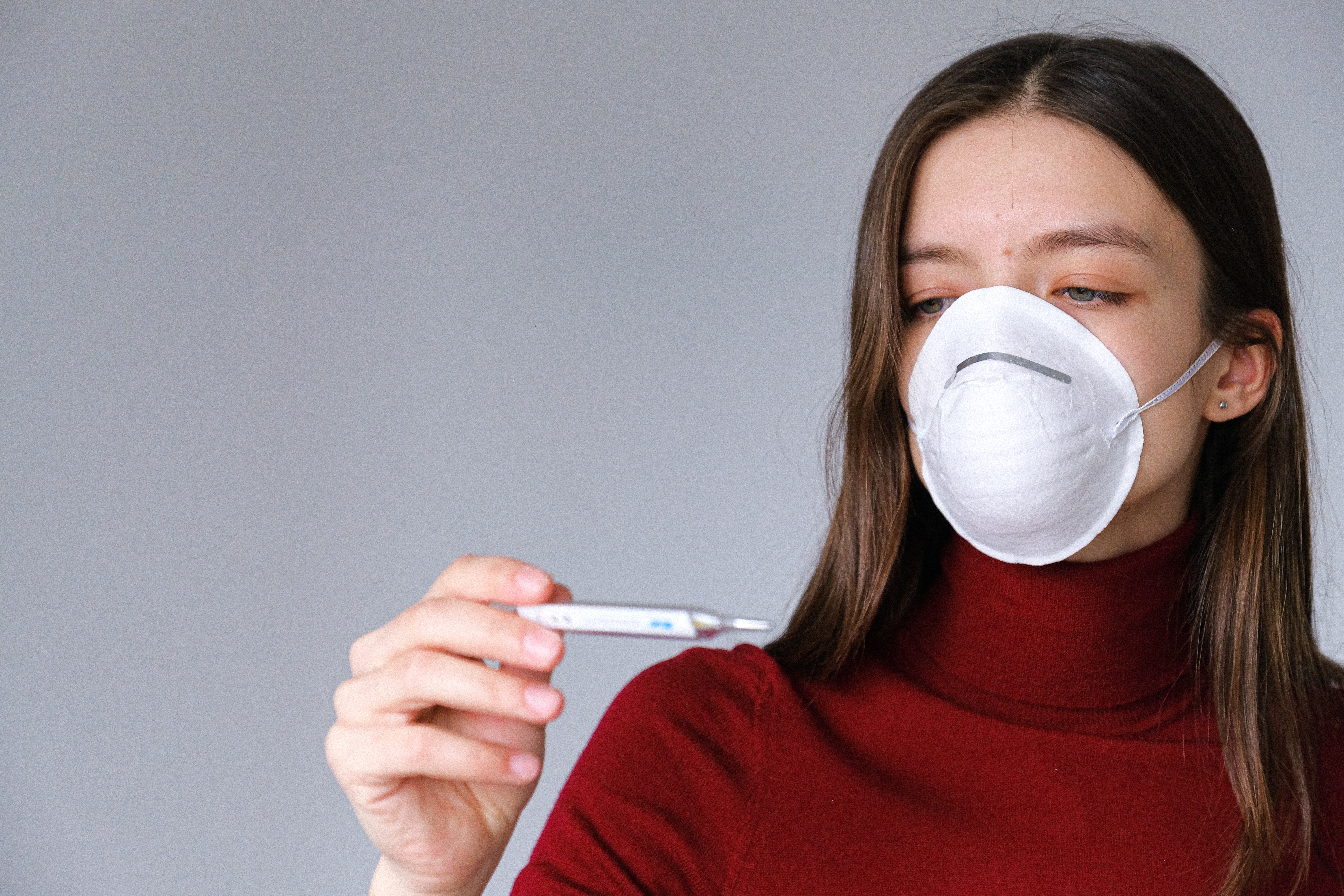
As companies begin to reopen their doors with many new social distancing restrictions, there is a concern that people who aren’t well might come to work with the virus and spread it. As a result, many companies must educate their staff on the new normal.
One of the things that companies will have to do is take their employees’ temperatures. One of the many virus symptoms is a high fever, which with the warm weather might be hard to detect. Information like this is normally forbidden under the Americans with Disabilities Act. However, when the virus was first shutting down businesses back in March, the Equal Employment Opportunity Commission (EEOC) allowed an exception under the COVID guidelines. “The EEOC has stated that although medical examinations are strictly limited under the Americans with Disabilities Act, the law does allow employers to conduct medical examinations where it is job-related and consistent with business necessity,” said Nancy Delogu, shareholder in the Washington D.C. office of Littler Mendelson, a law firm that deals with employment and labor law. “Owing to the pandemic, the agency has concluded that an employer does have a business need to identify workers who may be feverish and to remove them from the workplace so long as they are febrile.”[1]
Temperature checks are considered privileged medical information, so the biggest concern is who the test giver is. Many companies will want to teach certain people for signs to look for and trust a select number of people with said information. This would probably fall under either a CEO or someone in the HR department, but it could easily be a third party. Also, to note, this process could be several minutes per employee, so the time and effort will be needed to get through the employees. If they’re found to be symptomatic, there also needs to be a way to close the office and sanitize it.
As offices begin to open up, people will need to protect themselves. Checking one’s temperature is one of the safest ways to do this but they must do it safely and to keep this information secure.”
[1] https://riskandinsurance.com/how-businesses-can-screen-employees-temperatures-post-shutdown/


